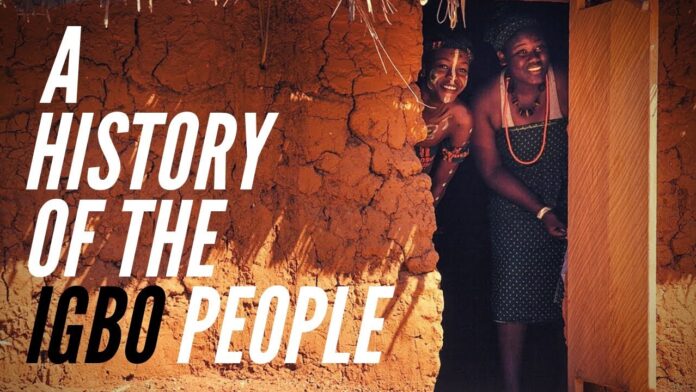Have you ever wondered how any of the tribes in Nigeria got to be? Read below for the history of the Igbo People.
There are over 400 ethnic groups in Nigeria, if not more. We have three main groups which include the Yoruba, Igbo, and Hausa.
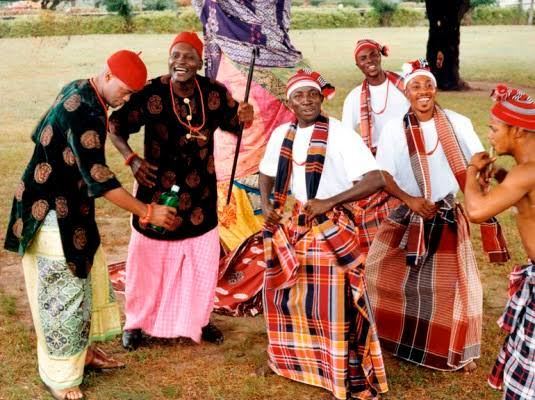
The Igbo, also Ibo, Ebo, Eboe, and Eboans, are an ethnic group in Nigeria. They are the second largest group of people living in southern Nigeria, following the Yoruba.
They are socially and culturally diverse, consisting of many subgroups. Although they live in scattered groups of villages, they all speak one language.
There has been much speculation about the origins and history of the Igbo people, which are largely unknown.
SEE: Who named Nigeria?
- Nigeria: All You Need to Know About The Giant of Africa
- History of the Yoruba People: A Rich Tapestry of Culture
- Top Richest Countries in Africa by GDP 2023
History of the Igbo people
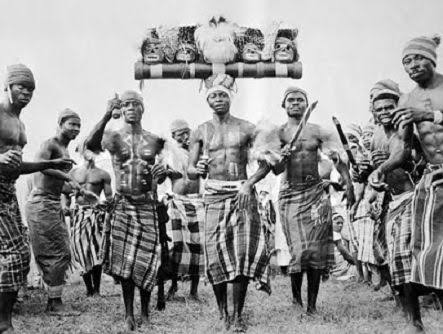
Did you know that before the period of British colonial rule in the 20th century, the Igbo were politically fragmented by the centralized chiefdoms of Nri, Aro, and others? Frederick Lugard introduced the Eze system of “warrant chiefs”.
In the wake of decolonization, the Igbo developed a strong sense of ethnic identity. Some could say that the Nigerian Civil War of 1967 has a hand in their identity.
However, it is still very confusing, as historians have proposed two major theories of Igbo origins. One claims the existence of a core area, or “nuclear Igboland.” The other claims that the Igbo are descended from waves of immigrants from the north and the west who arrived in the fourteenth or fifteenth century.
Where Are The Igbos Located?
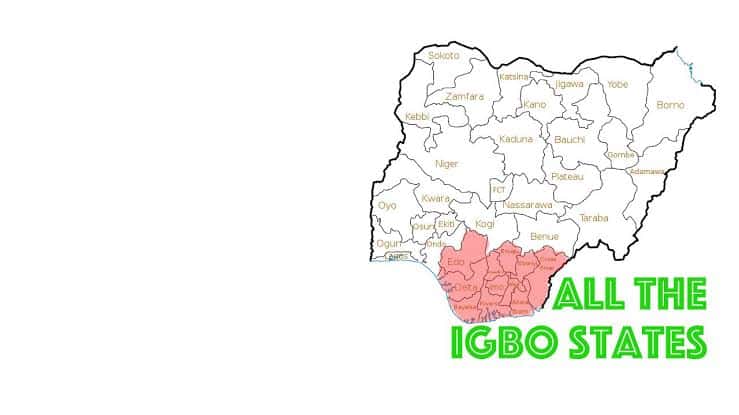
Igboland is located in southeastern Nigeria, with a total land area of about 15,800 square miles if not more. They are primarily found in Abia, Anambra, Ebonyi, Enugu, and Imo States. A sizable Igbo population is also found in Delta and Rivers States.
After the Nigerian Civil War, many Igbo people emigrated out of the indigenous Igbo homeland in southeastern Nigeria because of an absence of federal presence, a lack of jobs, and poor infrastructure. Igbo people have moved to Nigerian cities like Abuja and also countries like United Kingdom and Canada.
The Igbo population is estimated to be between 5 and 6 million.
READ ALSO:
- Popular Igbo names for Boys and their meaning
- Igbo to the World: Crocodile masquerade called ‘Aguiyi’ goes viral
What is the culture of the Igbo people?
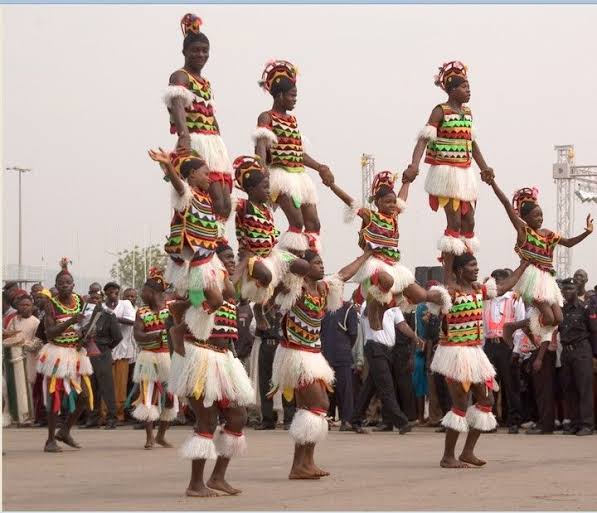
Just like every other ethnic group, the Igbo culture is very rich and unique.
It comprises the various customs, practices, and traditions of the people. There are also archaic practices as well as new concepts added into the Igbo culture either through evolution or other influences.
These customs and traditions include the Igbo people’s visual art, use of language, music, and dance forms, as well as their attire, cuisine, and language dialects.
The Igbo people have a unique system of folk beliefs that explains how everything in the world came into being. It explains what functions the heavenly and earthly bodies have and offers guidance on how to behave toward gods, spirits, and one’s ancestors.
They also believe the world is peopled by invisible and visible forces: by the living, the dead, and those yet to be born.
They primarily also believe in. Reincarnation is a bridge between the living and the dead.
SEE: Funeral Cultures in Nigeria
Top Richest Countries in Africa by GDP 2023
What is the Religion of the Igbo People?
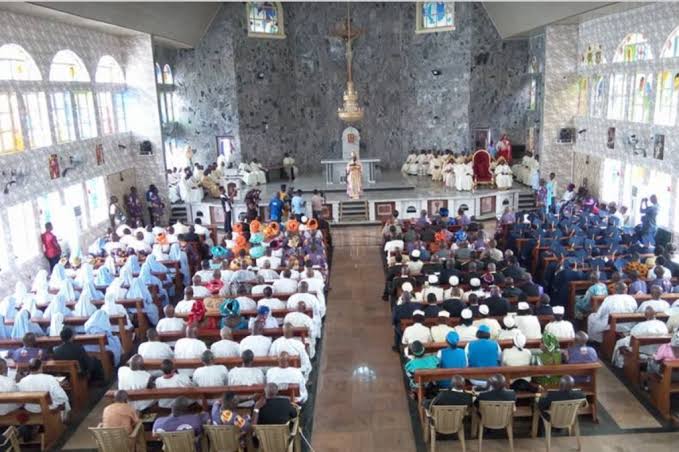
The major beliefs of the Igbo religion are shared by all Igbo-speaking people.
Most Igbo people believe in God, but some also rely on deities and creatures. Some believe in a supreme god who keeps watch over his creatures from a distance. He is often called “Chukwu Abiama”.
There are also minor gods, who are generally subject to human passions and weaknesses.
These minor gods include Ala, the earth goddess. She is associated with fertility, both of human beings and the land. Anyanwu is the sun god who makes crops and trees grow. Igwe is the sky god, the source of rain.
In addition to their gods, the Igbo believe in a variety of spirits whose goodwill depends on treating them well.
The Igbo attitude toward their deities and spirits is not one of fear but one of friendship.
SEE: The Richest Igbo Gospel musician
What do the Igbo People Look Like?
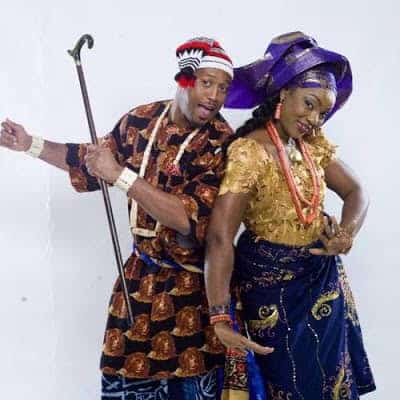
A person’s ethnic group cannot be seen in their face but rather in their dressing. The Igbos love traditions and also events where they get to showcase their culture,
Traditional clothing is still worn on important occasions in the cities and every day in rural areas. The men wear a long shirt, often decorated with tucks and embroidery, over a dressy wrap, shoes, and a hat. Women wear wraps for both informal and formal occasions. The everyday wrapper is made from inexpensive cotton, dyed locally. For formal wear, the wrapper is either woven or batik dyed, and often imported.
The blouse for formal wear is made of lace or embroidered. Women also wear a head tie, a rectangular piece of cloth that can be worn several different ways.
SEE:IPOB: All You Need To Know
Conclusion
There you have it! A quick history of the Igbo people! I may have missed some facts and may have gotten some things wrong. If you think so, comment on one of your mind-blowing facts about the Igbo in the comment section!



